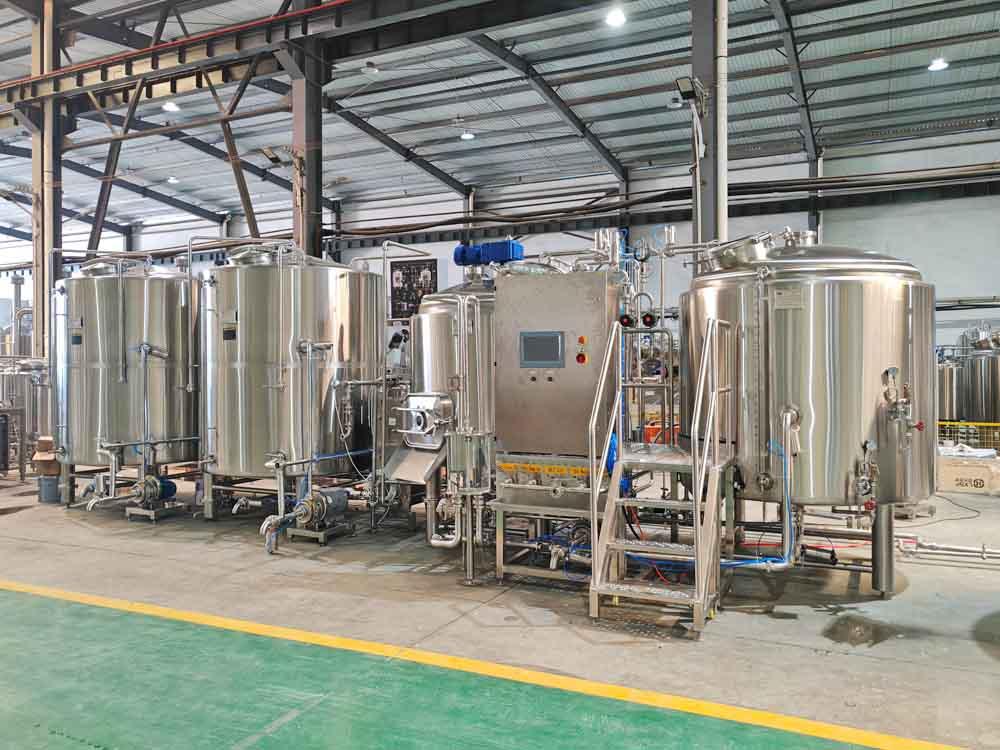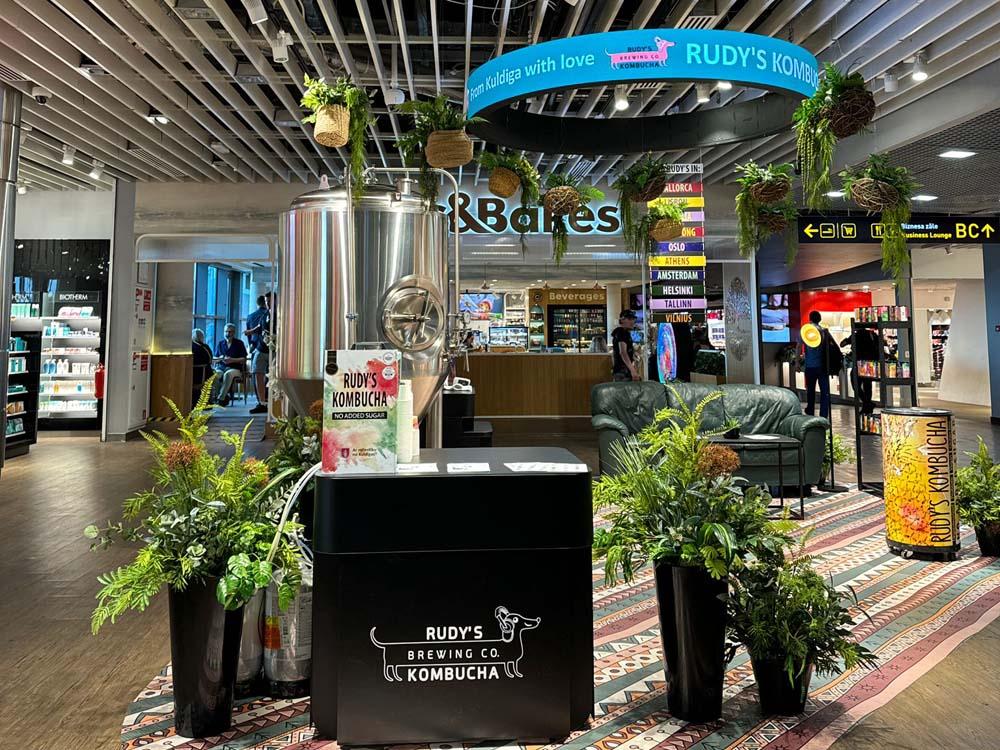How Does a Microbrewery Differ From a Normal Brewery
- Dec 30, 2021
- 101
- tiantai
As the term ‘micro’ might suggest, the difference between microbreweries and breweries is a matter of scale. A ‘traditional’ brewery produce millions of barrels of beer a year. According to U.S regulations, a microbrewery can make no more than 15,000 barrels of beer a year. There are exceptions to this law, but those microbrewers have been grandfathered in.
Microbreweries are primarily known for their “specialty beers.” They are typically small-batch “boutique” beers, which might be made only for a certain season or theme, or designed to showcase special ingredients. Microbrewers also love to experiment with different styles of beer, different ingredient proportions or different fermentation processes. Every day is a delicious science experiment at a microbrewery.
A microbrewery doesn’t get taxed as heavily as bigger breweries, so the character of microbreweries we know and love is preserved. A microbrewery has limited, if any, distribution, generally only though regional distributorships like Hop & Wine. When a microbrewery gets popular and in high demand, they are sometimes picked up by national distributorships, but when that happens they lose their microbrewery classification. If they maintain their tradition of specialty beers, however, they are sometimes known as ‘craft brewers’.

Because microbreweries are so small, their options for getting their names out there are limited. Most microbreweries have a tasting room. If they are ambitious, they are attached to a ‘brew pub,’ a pub or restaurant that’s attached to the brewery so that patrons can get to know and appreciate their craft. The other option is beer festivals. Beer festivals allow microbreweries to seek recognition and set themselves apart. Beer aficionados love beer festivals for the sheer scope and variety of their favorite beverage, all in one convenient location.
If you wanna know more details on a microbrewery setup or you are also planning starting a micro brewery, please feel free to contact with us. As a professional microbrewery manufacturer in China, trust us could help to give you some useful suggestions.
Derrick
Sales Manager
[email protected]
Tiantai Beer Equipment
Microbreweries are primarily known for their “specialty beers.” They are typically small-batch “boutique” beers, which might be made only for a certain season or theme, or designed to showcase special ingredients. Microbrewers also love to experiment with different styles of beer, different ingredient proportions or different fermentation processes. Every day is a delicious science experiment at a microbrewery.
A microbrewery doesn’t get taxed as heavily as bigger breweries, so the character of microbreweries we know and love is preserved. A microbrewery has limited, if any, distribution, generally only though regional distributorships like Hop & Wine. When a microbrewery gets popular and in high demand, they are sometimes picked up by national distributorships, but when that happens they lose their microbrewery classification. If they maintain their tradition of specialty beers, however, they are sometimes known as ‘craft brewers’.

Because microbreweries are so small, their options for getting their names out there are limited. Most microbreweries have a tasting room. If they are ambitious, they are attached to a ‘brew pub,’ a pub or restaurant that’s attached to the brewery so that patrons can get to know and appreciate their craft. The other option is beer festivals. Beer festivals allow microbreweries to seek recognition and set themselves apart. Beer aficionados love beer festivals for the sheer scope and variety of their favorite beverage, all in one convenient location.
If you wanna know more details on a microbrewery setup or you are also planning starting a micro brewery, please feel free to contact with us. As a professional microbrewery manufacturer in China, trust us could help to give you some useful suggestions.
Derrick
Sales Manager
[email protected]
Tiantai Beer Equipment




